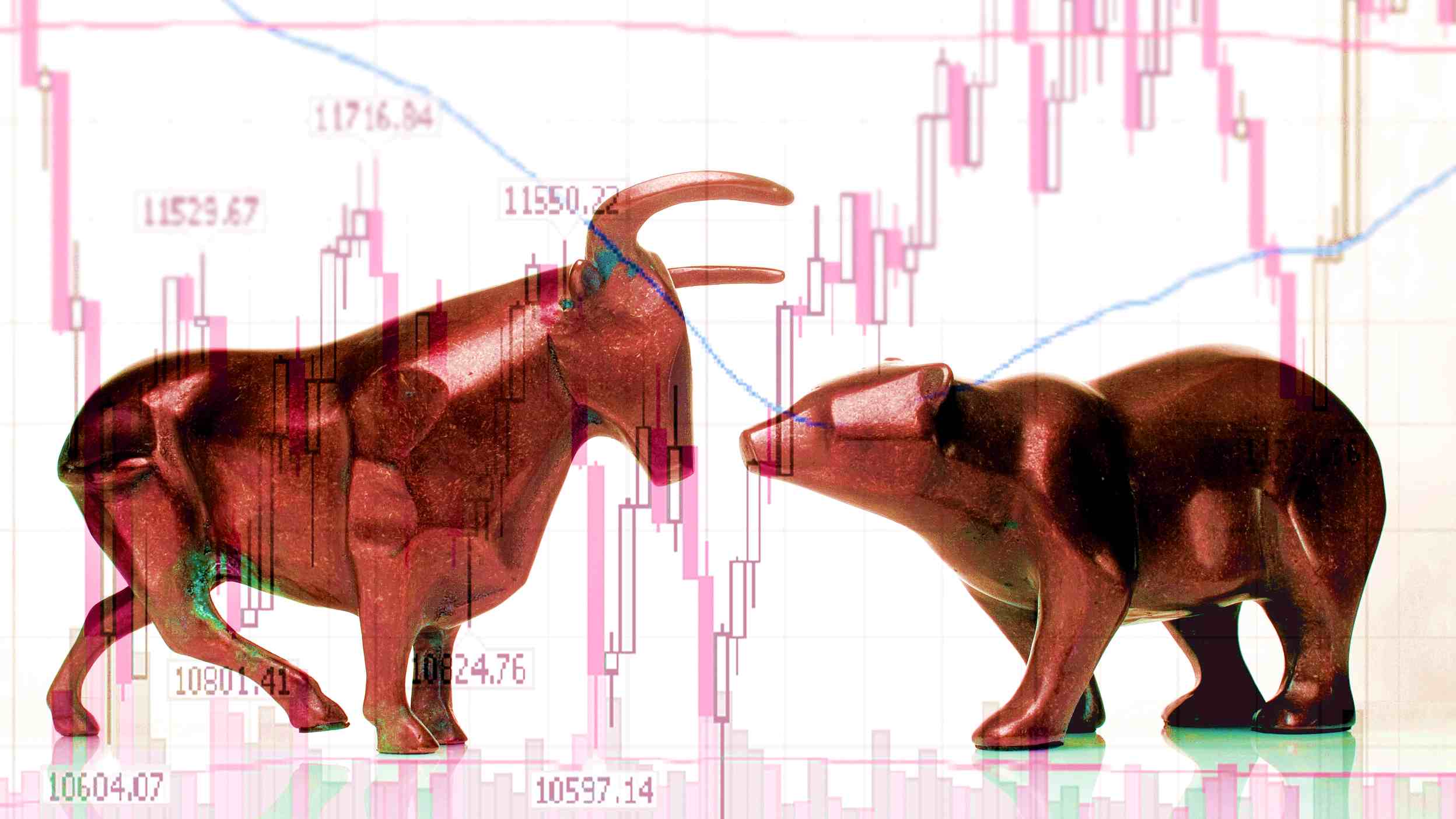
Biz Analysis
15:11, 24-Jan-2019
Why 2019 might not be that bad for the global economy
Updated
16:10, 24-Jan-2019
Nicholas Moore

We are less than a month into 2019 and the pessimism that persisted through markets at the end of 2018 is still here.
The International Monetary Fund this week lowered its estimate for global economic growth, citing different points of weakness across the world.
The U.S. government is still mired in its longest ever shutdown, while the Eurozone appears to be straining in all directions under the weight of potential recessions in Germany and Italy, Brexit uncertainty and ongoing unease in France after the gilets jaunes movement.
China just posted its lowest GDP growth in 28 years, while its trade tensions with the U.S. remain unresolved.
Even India, a bastion of economic hope for many, is struggling ahead of elections this year, with unease over government interference with the central bank spooking investors.
2019 is a tough year to call. But where there is uncertainty there is also opportunity.
Despite the bearish mood being pushed by media making headlines out of worst-case scenarios, here are some reasons why we should be more optimistic about the year ahead.
The end of 'big tech' is a new start for innovation
2016 was the start of the longest bull run in U.S. history, and a huge year for investors backing FAANGs (Facebook, Amazon, Apple, Netflix and Google) and BATs (Baidu, Alibaba, Tencent).
Apple became the world's first trillion-dollar company, while Alibaba shares went up by as much as 240 percent in a run that heavily distorted the valuations of big tech.
Big tech got too big too quickly, with CEOs suddenly believing they were leading venture capital firms. Money from big tech poured into sectors as diverse as autonomous vehicles, bike-sharing and food delivery. Surely Mark Zuckerberg didn't see that coming from his Harvard dorm room in 2004.

Big tech on trial: 2019 should see the world's tech giants come under greater scrutiny over fake news and use of personal data. /VCG Photo
Big tech on trial: 2019 should see the world's tech giants come under greater scrutiny over fake news and use of personal data. /VCG Photo
Whenever a promising startup emerged, it would immediately be snapped up by big tech. Small companies were almost collected like trading cards, just so rival firms couldn't get their hands on them.
The big tech 'kill-zone' and Snapchat's rise and fall
According to The Economist, genuine venture capitalists now describe the area surrounding big tech as a “kill-zone” – if startups get too close to them, the giants will either buy them out or use their power to destroy them.
The rise and fall of Snapchat best symbolizes the excesses of the big tech era.
A promising and popular concept that saw its founder Evan Spiegel become Wall Street's highest paid executive in 2017, Snap's shares soon fell as the company failed to live up to its own hype, with Facebook at the same time launching its own Snapchat-style services.

The rise and fall of Snapchat highlights why the end of big tech is good for the economy. /VCG Photo
The rise and fall of Snapchat highlights why the end of big tech is good for the economy. /VCG Photo
User numbers are now falling in their millions, and investors are pulling out. The company has lost 20 billion U.S. dollars in value since its IPO, capital which would have served a much better purpose in other startups.
Tighter regulations will end big tech's winner-takes-all approach
As big tech got more bloated, higher salaries for upper management reduced any motivation to drive innovation inside the FAANGs and BATs. According to The Guardian, the concentration of power within these companies “raises the barriers to new entrepreneurship, choking off innovation elsewhere in the marketplace.”
While the stock market bubble is now deflating, big tech is still here to stay. Stocks will not repeat the 2016 rally this year, but investors will now be looking at fundamentals like potential growth and earnings, rather than just trying to get on the tech bandwagon.
This will direct capital towards the companies which are truly pioneering the next wave of advances in AI, blockchain and other key sectors for the future.
2019 will probably see big tech come under more pressure over fake news, privacy laws and use of personal data. Expect tighter regulations to emerge, especially in the EU.
For the new tech companies of tomorrow, being born into this new era of regulation and governance will be better than a Wild West, winner-takes-all arena of lawlessness.
The end of QE is a return to normality
2019 will also be a key year for economies pulling out of quantitative easing.
The 2008 financial crisis led to this unprecedented financial experiment, successfully preventing the complete collapse of the Eurozone or U.S. financial systems.
The U.S. Federal Reserve, European Central Bank and Bank of England purchased trillions of U.S. dollars' worth of securities, gilts and Treasuries, in what was described by the World Economic Forum as “undoubtedly the boldest policy experiment in the modern history of central banking.”
Crises were averted, confidence and employment grew and consumption increased. However, the era of QE in the U.S. and Europe has seen tough austerity, weak growth, increasing inequality and inflated asset prices.

European Central Bank President Mario Draghi ended QE in Europe in December 2018, after three years of bond-buying by the ECB. /VCG Photo
European Central Bank President Mario Draghi ended QE in Europe in December 2018, after three years of bond-buying by the ECB. /VCG Photo
QE leaves behind a mixed legacy
Populism driven by that sense of growing inequality is arguably an unwanted legacy of QE, and a difficult phenomenon for the West to move on from.
QE saw interest rates hover around zero percent or even lower, fueling a society-wide debt addiction that should be a cause of concern as the world economy leaves QE behind.
The advantages and disadvantages of QE will have provided central banks with valuable lessons for the future. The end of QE will likely be difficult at first, with interest rates set to rise and markets and growth likely to take a hit.
However, a return to normality will, in the long term, be welcomed by policymakers looking to get their economies back to predictable patterns.

SITEMAP
Copyright © 2018 CGTN. Beijing ICP prepared NO.16065310-3
Copyright © 2018 CGTN. Beijing ICP prepared NO.16065310-3